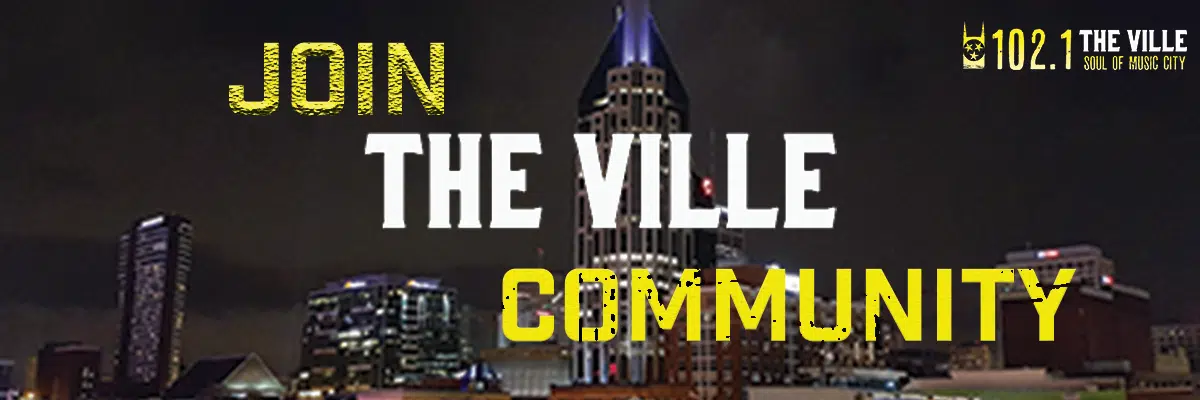Writer: Bob Seger
Producers: Bob Seger and Ed “Punch” Andrews
Recorded: September 1975 at Cobo Hall, Detroit
Released: 1976
| Players: | Bob Seger – vocal, electric piano Chris Campbell – bass Alto Reed – saxophone Drew Abbott – guitar Charlie Allen Martin – drums Robyn Robbins – mellotron |
| Album: | Live Bullet (Capitol, 1976) |
Although the first recorded version of “Turn The Page” is the Back In ’72 album, Bob Seger fans are most familiar with the rendition on Live Bullet.
Seger says the song, a chronicle of life on tour, is completely based on true experiences – particularly the part where the band is hassled over it's long hair. “The story, of course, occurred when I was playing with Teegarden & Van Winkle and Monk Bruce. We had these two hulking motorcycle guys who used to set up the equipment… We were on our way from Madison, Wisconsin or some place. The big guys were sleeping, and the skinny little rock guys went into this roadside place to get something to eat.” The musicians were hassled by some traveling salesmen, and Seger says Teegarden was ready to fight them. “Next to Monk Bruce, Teegarden was the smallest. We had to drag him out. It's a good thing they didn't follow us — little did they know what was waiting for them in the truck. Those guys were big!”
On the Greatest Hits liner notes, Seger remembers “Our first headline shows ever in a large hall were the two shows at Cobo Arena, September 4th and 5th, 1975. I remember while I was singing this how nice it was to have such good on-stage monitors. I had never heard my voice so well while I was performing.”
“Turn The Page” is one of the most popular songs in Seger's repertoire. When he's periodically tried to drop it on various tours, audience clamor forces him to put it back in.
Seger made a video for the song when Greatest Hits was released, using footage from his archives.
The Live Bullet album was Seger's breakthrough, getting him national airplay for the first time since his hit “Ramblin' Gamblin' Man” in 1969.
Live Bullet peaked at Number 34 on the Billboard album chart and has sold more than four million copies.
Seger remembers that the live album was only recorded because the group wanted to play again in Detroit, its hometown, and thought it needed a special hook in order to draw fans to the show.
Capitol Records initially refused to release Live Bullet because live albums generally didn't do very well. Peter Frampton's success with Frampton Comes Alive changed the label's mind.





